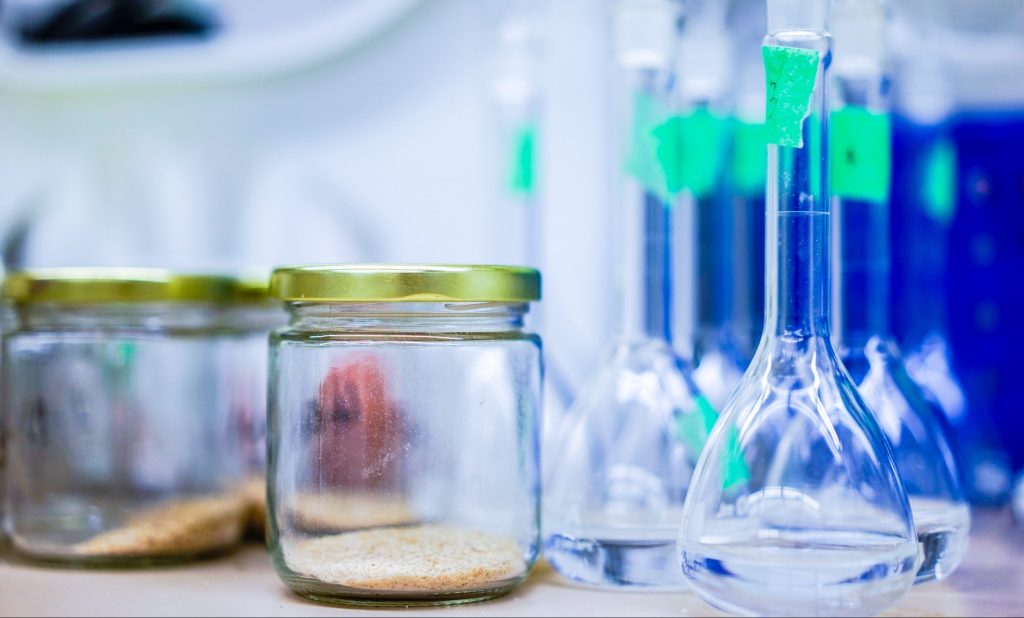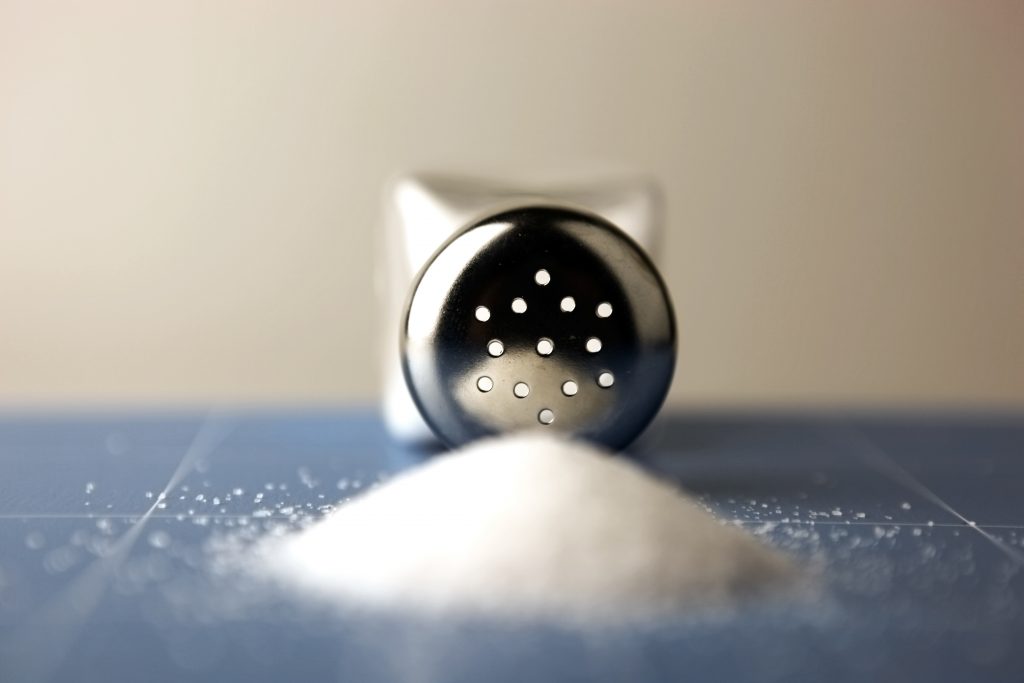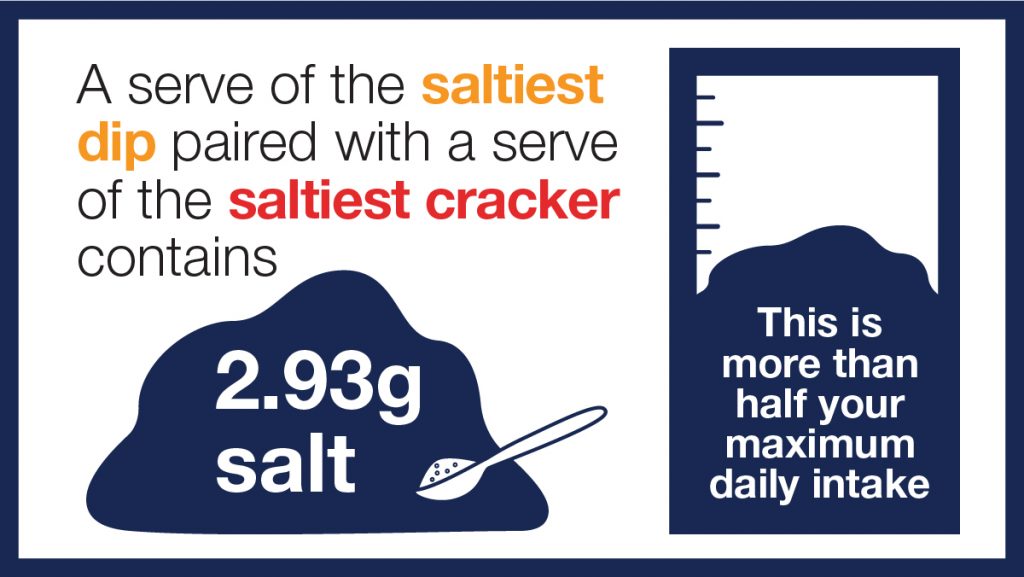Sodium Levels of Processed Meat in Australia: Supermarket Survey Data from 2010 to 2017

A study by Sparks et al assessed the sodium levels of processed meat products in Australian supermarkets and changes over time. Overall, they found a reduction in sodium levels in processed meats for which the government had established voluntary sodium target’s under the Food and Health Dialogue, and no change for other processed meats. They determined […]
Australian consultation on targets: The George Institute response

The Australian Government has recently developed 36 draft voluntary food reformulation targets for sodium, sugar and saturated fat, and released them for public consultation. The George Institute for Global Health strongly supports nutrient reformulation as a public health measure to improve diets and population health and welcomed the opportunity to comment on the proposed targets. […]
Label v. Lab: How do sodium values compare?

A study by Ahuja et al compared the sodium values on product labels with laboratory values of popular sodium-contributing foods in the US. The comparative analysis of 114 foods (1,390 composites, consisting of one or more samples of the same food) showed that a majority of label and laboratory values were in agreement. Periodic monitoring […]
Cost savings and health gains estimated from achievement of the US Food and Drug Administration voluntary sodium reformulation targets

Pearson-Stuttard J et al recently published a paper in PLoS Medicine estimating the health and economic effects of the proposed US Food and Drug Administration (FDA) voluntary sodium reformulation. The US IMPACT Food Policy Model was used to estimate cost-effectiveness and health impact of three scenarios; 100% compliance with 10-year reformulation targets, 50% compliance with […]
Excessive levels of salt in bread- findings from a global survey

A new survey through the World Action on Salt and Health (WASH), Queen Mary University London, found excessive levels of salt in bread. Bread from 32 countries and regions were included in the survey, with over 2,000 bread products assessed including; white, wholemeal, mixed grain and flat breads. The saltiest bread was a Rosemary Foccacia […]
“Potassium Salt” – The FDA Citizen Petition for Potassium Salt Labeling

NuTek Food Science have been petitioning the US Food and Drug Administration (FDA) to allow labeling of Potassium Chloride as Potassium Salt. NuTek are petitioning for this voluntary and optional labeling given literature that shows consumers better understand and accept the term salt, as seen for sodium chloride, rather than seeing potassium chloride as a […]
Decrease in sodium content of processed foods from 2009 to 2015 in America

A study conducted by Clapp J et al and published by Preventing Chronic Disease investigated the serving size, calories and sodium content of processed foods with the top 80% of sales between 2009 and 2015 in America. Results were reported per serve and density and it was found that sodium per serve and density decreased […]
Process Evaluation Informs Future Salt Reduction Strategies in the Pacific Islands

Fiji specific results from the Global Alliance for Chronic Diseases (GACD) project on “Cost-effectiveness of salt reduction strategies in the Pacific Islands” led by The George Institute for Global Health in collaboration with C-POND, Fiji, have been published in Nutrients. Webster et al conducted a process evaluation and costing of the multi-faceted population salt reduction […]
Food industry in Canada fail to meet salt reduction targets

Voluntary targets for sodium in various processed foods were introduced by the federal government (Health Canada) in Canada four years ago. These targets focused on 94 food categories within processed foods, aiming to reduce average sodium intake to 2,300mg in a two year period, yet in an evaluation of 10,000 products within the 94 food […]
Christmas dip and cracker platters packed with salt

Research conducted by the George Institute for Global Health, in collaboration with the Victorian Health Promotion Foundation (VicHealth) and the Heart Foundation Victoria, found that dips and crackers are packed with salt. Salt levels in 849 dips and 1285 crackers were analysed between 2010 and 2017, with data collected from four major supermarkets in Australia […]